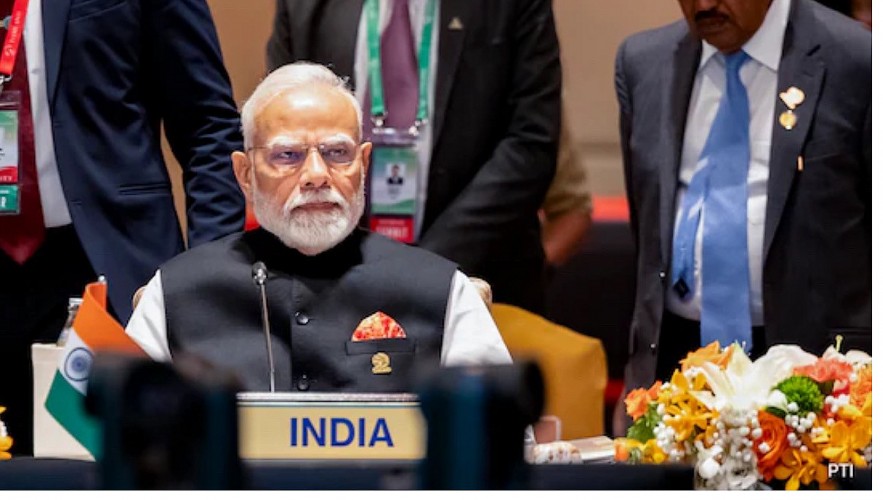Though his visit to Bangkok was to attend the sixth summit of BIMSTEC, it also led to a further deepening of India-Thailand ties as well. His visits underline how interconnected the two geographies of South and Southeast Asia are and how an artificial division between the two has not only shaped Indian approach to the region but has also not allowed the two to leverage each other's strengths.
It is in this context that this visit and India's growing investment in BIMSTEC assumes significance. Although established in 1997, BIMSTEC gained momentum only under the Modi government as New Delhi decided to leverage the Bay of Bengal in shaping the regional cooperation framework. The centrality of the Bay of Bengal in the wider Indo-Pacific makes it imperative for regional states to work together to find solutions to regional challenges. And, as India's strategic imagination shifted to the east, it led to the convergence of India's ‘Neighbourhood First' and ‘Act East' policies with its Vision for the Indo-Pacific.
At the summit in Bangkok, Prime Minister Modi announced several India-led initiatives towards capacity building in BIMSTEC member states in sync with the theme “Prosperous, Resilient, and Open BIMSTEC”. While welcoming the signing of the BIMSTEC Maritime Transport Agreement and the adoption of the BIMSTEC Bangkok Vision 2030 and of the Report of BIMSTEC Eminent Persons Group, Modi called for greater regional economic integration.
With a focus on disaster management, sustainable maritime transport, traditional medicine, and research and training in agriculture, BIMSTEC Centres of Excellence have been proposed in India. New Delhi will be assessing regional needs in Digital Public Infrastructure and will be instituting a capacity-building programme for cancer care in the region. India has also taken a lead in pushing for the skilling of regional youth as part of BODHI [BIMSTEC for Organized Development of Human Resource Infrastructure], which would provide training and scholarships to professionals, students, researchers, and diplomats. Modi also offered a pilot study by India to assess regional needs in Digital Public Infrastructure and a capacity-building programme for cancer care in the region.
Modi’s trip to Bangkok was also the first official visit visit by an Indian leader in 12 years to Thailand. It resulted in the two nations signing a strategic partnership pact, enhancing cooperation on defence and speeding up a key infrastructure project that's set to link India with neighbouring Southeast Asia. The two nations will aim to accelerate work on the 1,300-kilometre highway project that will begin from northeastern India and traverse through Myanmar before reaching northern Thailand. Trade talks have also been proposed to revise India's free trade agreements with Thailand and the Association of Southeast Asian Nations (ASEAN).
Regarding Sri Lanka, Delhi-Colombo ties have been on a steady upswing. PM Modi's leadership in shaping this trajectory was acknowledged by Colombo as Sri Lanka's highest civilian award given to a foreign head of state, Mitra Vibhushana, was conferred on Modi during his visit. Modi was also accorded a grand ceremonial welcome at the historic Independence Square in the heart of the Sri Lankan capital, in perhaps the first such honour given to a foreign leader.
Modi was emphatic in recognizing the role of President Dissanayake, especially when it comes to his sensitivity towards Indian interests. New Delhi could focus on agreements on the import and export of power with Trincomalee to be developed as an energy hub in partnership with the UAE, sharing of successful digital solutions, health and medicine and a special assistance package for the eastern provinces of Sri Lanka.
Most significant was the first-ever defence cooperation pact signed by the two nations, as Prime Minister Modi underlined that the security interests of both nations are “interlinked and dependent on each other”. Modi also raised the two sensitive issues of the Tamils and the fishermen, and on both, there seems to be a positive sentiment on the other side.
These visits once again underscore how Indian leadership is becoming increasingly critical in shaping the wider periphery of both south and southeast Asia, and why New Delhi will have to think big to lead effectively - ANI.

